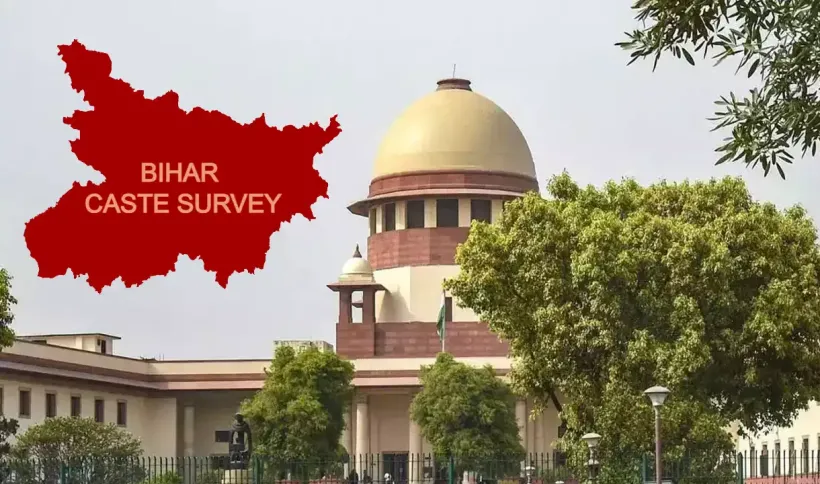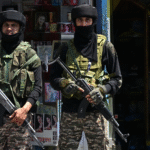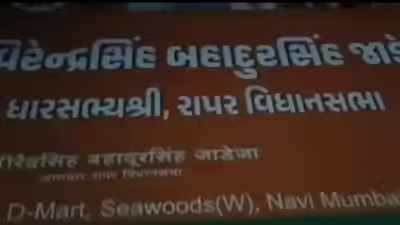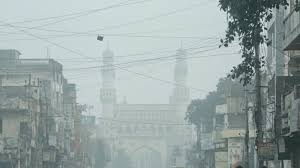Supreme Court Sets Final Hearing Dates on Bihar Caste Survey Case Involving Mass Exclusion Concerns
New Delhi: The Supreme Court on July 29 offered direct assurance that it would intervene if the Election Commission’s contentious Special Intensive Revision (SIR) in Bihar leads to “mass exclusion” of voters. The court made the oral observation while scheduling the final hearing on petitions challenging the exercise for August 12 and 13, almost two weeks after the controversial draft electoral roll is set to be published on August 1.
A bench of Justice Surya Kant and Justice Joymalya Bagchi addressed petitioners’ fears that approximately 65 lakh voters who have not submitted enumeration forms could be dropped from the rolls.
“We are overviewing the thing as a judicial authority,” Justice Bagchi stated. “If there is mass exclusion, we will immediately step in. Bring 15 people saying they are alive.”
The exchange began when advocate Prashant Bhushan, representing the Association for Democratic Reforms (ADR), highlighted that the 65 lakh individuals – whom the ECI says are either deceased or have permanently migrated – would now have to apply afresh. Senior Advocate Kapil Sibal, appearing for RJD MP Manoj Jha, added that the petitioners would have “no problem” if the ECI included the names of these 65 lakh individuals in the draft list, allowing for objections later.
Justice Kant assured the petitioners, “If the draft list is conspicuously silent [on these names], you will bring it to our notice. We are here, we will hear you.”
“We are overviewing the thing as a judicial authority,” Justice Bagchi stated. “If there is mass exclusion, we will immediately step in. Bring 15 people saying they are alive.”
The exchange began when advocate Prashant Bhushan, representing the Association for Democratic Reforms (ADR), highlighted that the 65 lakh individuals – whom the ECI says are either deceased or have permanently migrated – would now have to apply afresh. Senior Advocate Kapil Sibal, appearing for RJD MP Manoj Jha, added that the petitioners would have “no problem” if the ECI included the names of these 65 lakh individuals in the draft list, allowing for objections later.
Justice Kant assured the petitioners, “If the draft list is conspicuously silent [on these names], you will bring it to our notice. We are here, we will hear you.”
The hearing on Tuesday followed a dramatic day in court on Monday, where the bench had urged the ECI to adopt a policy of “mass inclusion, not en masse exclusion” and strongly recommended it accept Aadhaar and the Electoral Photo Identity Card (EPIC) as proof, noting they carry a “presumption of correctness.” The court, however, had declined to stay the publication of the August 1 draft list, stating it could quash the entire process later if any illegality was proven.
The legal challenge against the SIR, initiated by the ECI on June 24, has been mounted by a wide coalition of opposition parties and civil society groups. Petitioners include the Congress, CPI, DMK, RJD, and activists from organizations like the PUCL and ADR. They argue that the exercise violates the Representation of the People Act, 1950, by shifting the burden of proof onto citizens and could disenfranchise crores, particularly poor migrants, Dalits, and Muslims in a state with high poverty and illiteracy.
In its affidavit, ADR cited ground reports alleging that enumeration forms were being mass-uploaded by officials without voters’ consent to meet “unrealistic” deadlines.
The ECI has defended the SIR as a necessary foundational exercise to clean the rolls for the first time in over two decades, citing numerous complaints from political parties themselves about inaccuracies. It has resisted accepting Aadhaar and ration cards as primary documents, arguing they can be obtained fraudulently.
With the court now having set firm dates to hear the matter after the draft roll is made public, all eyes will be on the August 1 draft publication to see the true scale of voter exclusion and whether it prompts the judicial intervention the Supreme Court has promised.
Also Read: Dengue Outbreak in Bengaluru: 442 Cases in Just 30 Days – BBMP Issues High Alert Across City








